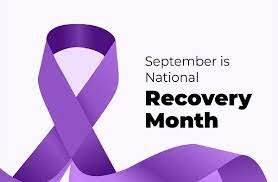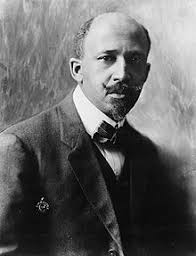by Mark Sanders, LCSW, CADC
While African Americans do not dominate alcohol use in the United States, alcohol use has had a devastating effect on us. I have an African American friend of five decades who recently died of multiple medical complications. At the root of his death was alcoholism. Both of my grandfathers and many uncles and aunts died from alcoholism as well. Alcohol has had a severe impact on Black America. The two are even linked in history. During the slave trade, enslaved Africans were shackled and shipped to the West Indies in exchange for molasses, sugar, and other manufactured items. Then, enslaved Africans were shipped to North America, along with the molasses and sugar (which was converted into alcohol). Weapons and alcohol were shipped to Africa in exchange for more enslaved Africans. This is known as the Triangular Trade. I once shared this history at an African American elementary school and a fourth grader asked two questions. Are you saying we were sold for alcohol? Then why does my father drink so much?
Frederick Douglass, the first prominent recovering alcoholic reminded us, “We cannot stagger to freedom.” Douglass revealed that alcohol was used to control enslaved Africans. Douglass stated, “They would work us and beat us Monday through Friday and allow us to drink on weekends. The belief was that once we tasted alcohol we would never want to escape. It was the sober minded slave that they feared most.”
There are several things which stand out for me in Douglass' quote. During the Jim Crow Era when my grandfather’s generation of Black Americans migrated from the southern states to the north in search of good jobs, they would work hard Monday through Friday and drink hard on weekends. My grandfather would even pour salt into his cans of beer. Today I know that combination was a shot a high blood pressure. The second thing which stands out in the Douglass quote is that alcohol was used as medicine for our historical trauma.
The authors of the book Doin' Drugs stated that during the great migration, the center of socialization for African Americans shifted from the Black Church in the south to bars in the north. Thus, the famous quote,” There is a liquor store on every corner.” Published int the 1990’s, the book Message In The Bottle: The 40 Ounce Scandal, author Alfred Powell revealed that certain brands of alcohol were specifically targeted to the Black Community. Today, well known hip-hop artists promote and sell varieties of high-end alcohol. What impact does this advertisement have on youth?
Across the country there are African American youth who have declared that they will never use any drug besides marijuana! Yet in clinical practice I have had numerous African American emerging adult clients buy alcohol legally to celebrate their 21st birthday. As it pertains to homicides in the Black community, alcohol and marijuana are the two most common drugs which appear in the drug tests of the perpetrators.
Over the past several decades crack and heroin have grabbed headlines as the drugs having catastrophic effects on African American communities. In Drug use For Grownups, Dr. Carl Hart reveals that alcohol use is involved in nearly 70% of opioid overdose deaths. We should never forget alcohol. During the crack cocaine era many African Americans who went to treatment would return to cocaine use after one drink. That drink would lower their inhibition, making it easier to return to cocaine. Over the years I have had numerous African American clients who grew sick and tired of hustling and going to jail and prison for charges connected to cocaine and heroin use/possession. Many would shift to alcohol and die of cirrhosis of the liver, delirium tremors, car accidents under the influence and other alcohol related causes.
I have written this post so that my soul can rest, having lost so many loved ones to alcohol use disorders, including a 50-year friend. As I reach this final sentence I exhale. It is my hope that addictions professions focused on treating stimulant use disorders, opioid use disorders and other addictions, won't forget about alcohol.






























